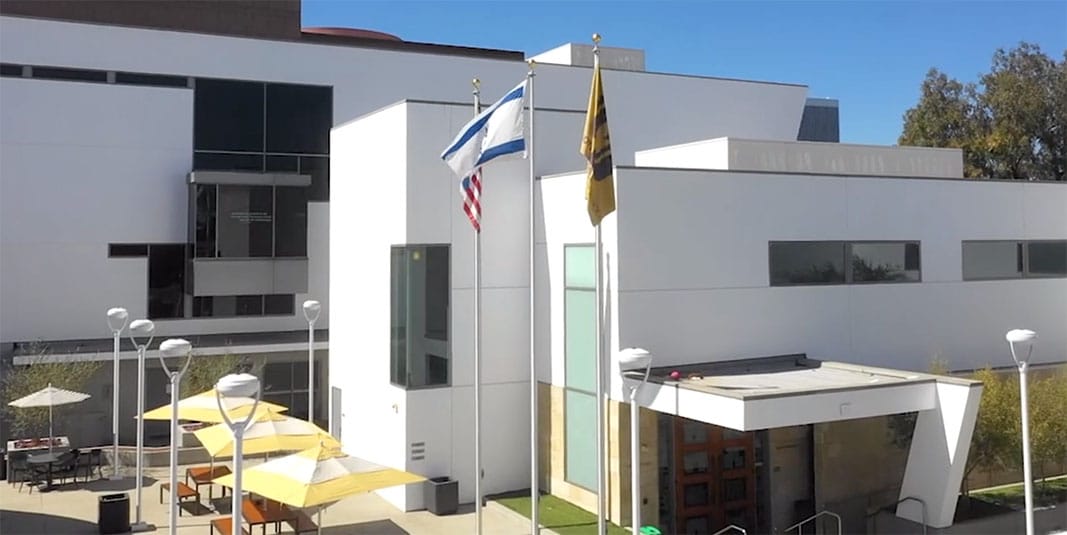Israel attacked two sites near Damascus, Syria on Sunday (reportedly – Israel neither acknowledges nor denies these reports). Occasional attacks of this kind have occurred before. But now, with the Israeli elections getting near – the Knesset will vote today on the election date – the profile of the discussion regarding the attack seems to be a little higher than before.
Why is Israel attacking in Syria? In all previous instances of such reports, the reasons for the attacks were similar: Israel acted to prevent a transfer of strategic weapons from Assad’s forces to Hezbollah in Lebanon. Israel's doctrine of fighting terrorism puts great emphasis on acting promptly and decisively whenever there is a clear danger that a terror organization – such as Hezbollah – is aiming to acquire the type of weaponry that could highly complicate future fighting against it. So Israel acts when Hezbollah (or Hamas; and in previous cases Israel acted to prevent transfers of weaponry to the Palestinian Authority as well) is trying to put its hands on long range missiles, on chemical weapons, or on other types of “strategic balance” tipping equipment.
What the exact target of the attack was we don't know for sure, but details are leaking. Most of them are not very interesting to the lay reader: if it is this missile or that missile is really beside the point. The important thing is the shipping address– Hezbollah – and the identity of the sender – it can be Assad's Syria, Iran, or both. If Israel can prove that Iran is directly involved, the proof can be added to the plethora of hasbara material that can be used to convince the world that Iran – while negotiating with the world – is still playing dangerous games. But the news will not come as a great surprise. The world knows it and chooses to ignore.
The Syrian-Lebanese border was supposed to be closed to the smuggling of weaponry, as a decision by the UN Security Council mandated following the 2006 second Lebanon War. Of course, things have gotten much worse since that decision. The Syrian army is busy, and most of the countries in the region are busy in an attempt to contain the Syrian civil war and prevent it from spilling over. No one is going to take care of the border, and Israel has no other choice but to take it upon itself to make it more difficult for Hezbollah to arm itself through that border. The upside of all this is that Israel can do it more or less without having to deal with broad condemnation and international disruption. Not even the UN is going to take seriously the Syrian demand to impose sanctions on Israel because of the attack.
While the Syrian war keeps the Shiite Lebanese organization busy – and that can be positive from an Israeli perspective – it also gives Hezbollah a chance to acquire a lot of battle experience and become stronger and more confident if and when the war comes to a conclusion, or maybe even before that. The cockier Hezbollah gets, and there are signs and statements pointing at the possibility of it becoming cockier, the higher the chance of it deciding to test Israel's nerves and start another round of fighting.
A few words about the attack and the Israeli election. Since yesterday, several Israeli politicians unwisely accused the Prime Minister of initiating the attack for political reasons – in other words, they blame Netanyahu that he is attempting to boost his political standing with the public by launching attacks in Syria. These accusations seem to be baseless in this case. The planning of such attacks takes time, a lot of intelligence gathering, and the involvement of high ranking military men. These people would not tolerate political calculations in such a process, and if they suspect that the PM is playing politics, they have their ways of notifying the public. None of this has happened in the last 24 hours. No grumbling, no shred of a hint that the attack was politically motivated. This means quite clearly that the only political move here was the one by the PM's rivals. They were playing politics by blaming him of playing politics without having a shred of evidence to support the accusation.
Surely, Netanyahu might be aware of the political benefits of an attack – he is a politician. And the closer we get to Election Day – it is still pretty far – the public would be well-advised to put every governmental action under scrutiny. And yet – as Minister Yuval Steinitz said today – Israelis know well that Israel's enemies will not be taking a break to accommodate our political time table. Thus, the government is going to have to take action against enemies even when it is election season. If opposition members want to claim whenever such things happen that it’s all about politics – they can do that. Politically speaking, though, it would not be a smart move, because Israelis know better.























 More news and opinions than at a Shabbat dinner, right in your inbox.
More news and opinions than at a Shabbat dinner, right in your inbox.